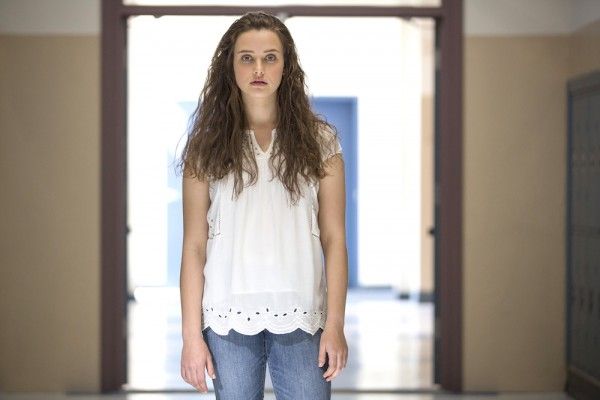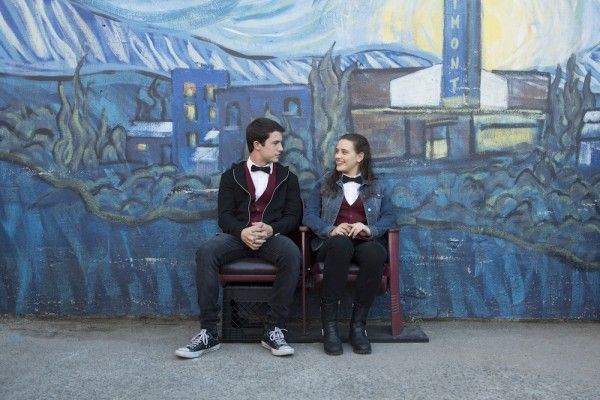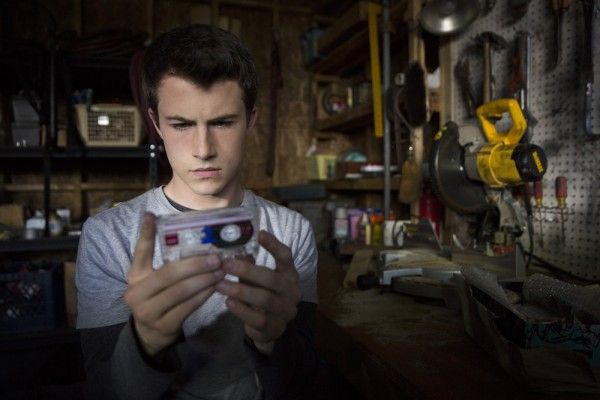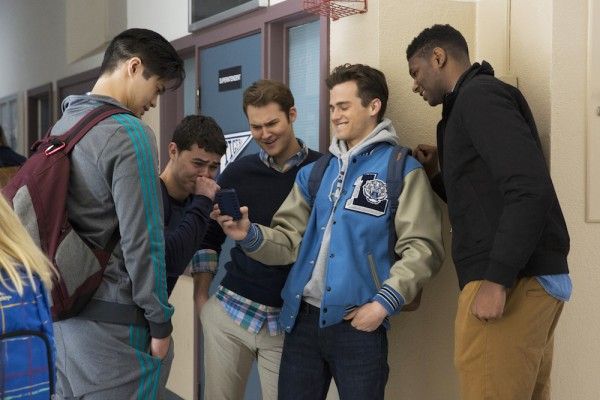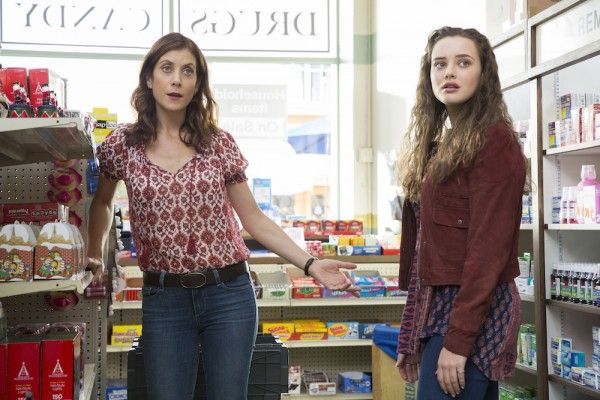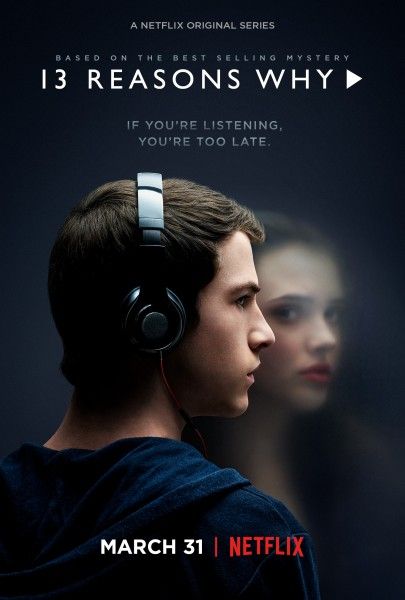“I’m about to tell you the story of my life. More specifically, why my life ended. And if you’re listening to this tape, you’re one of the reasons why.” So begins the story of the 16-year-old Hannah Baker (Katherine Langford), in 13 Reasons Why, or rather, so it concludes as friend and fellow classmate Clay Jensen (Dylan Minnette) prepares to dig through thirteen blue-nail polish adorned cassette tapes that claim to answer the devastatingly simple, unspoken question plaguing Hannah's sleepy northern California. “Why?”
Each tape, and each episode as it turns out, attempts to answer that question, as Hannah, “live and in stereo,” reveals the reasons behind her suicide. It’s a simple hook, but an effective one, with each tape (and its accompanying revelation) serving as a devastating explanation for Hannah’s slow disillusionment with the world around her. Some of those revelations within the tapes are small, almost shrug-worthy events that are as part of high school as pep rallies and covert schnapps slurping: a selfish rumor, a nasty note, the dissolution of a friendship over a boy. But others, that are revealed (perhaps conveniently) in the latter half of the episodes, are much darker, and most importantly, more disturbingly real than one might expect from a YA series.
There are so many ways 13 Reasons Why could have gone terribly wrong. There’s the issue of the protagonist, who is notably not the girl whose suicide is the impetus for the story, but lovelorn friend and almost-lover Clay. Then, of course, there’s the issue of the show’s entire whodunnit structure, as the same quality that makes it supremely bingeable is the one that threatens to make it seem emotionally out of touch. And yes, its teen-centric premise follows through on the potential promise of Whedonesque slang (the most cringe-worthy of which is the misfit rallying cry "FML forever"). But for all the teen angst and buzzy butterfly stomachs,13 Reasons Why is an incredibly mature and a devastating look at the ripple effects of loss.
The series, if occasionally melodramatic, is also measured. Clay takes his time working through Hannah's journey as she tells each of its thirteen recipients how they played a role in her dark decision. Most of these intended listeners inadvertently made Hannah's life a living hell, but Clay, whose high school reputation is defined by a quiet speaking voice and an in-debate sexuality, becomes our chosen surrogate. I still reactively balk at the decision to take a fascinating tale of doomed female experience and place it in the hands of a male character -- a demographic that’s already well represented in the halls of high school drama -- and while I’m still not sure I agree with the narrative choice, I couldn’t name a better candidate to shoulder the often beautiful and deeply stirring truths Hannah slowly unpacks.
Much of the credit here goes to Minnette, who transforms what could be another mush-mouthed "nice guy" into an understated and welcome guide through the labyrinth of Hannah’s pain, but the show wouldn’t work half as well as it does without Langford as the voice and vision of Hannah, whose performance tips the hand of a high-schooler that's not so much an out of touch old soul as she is a blind romantic. And in a welcome shakeup to the formula, Hannah's worldview isn't clouded by her cynicism, but by her idealism. It's a small tweak to pop culture's general conception of the suicidal, but it's one that so perfectly understands the pain of high school life.
The rest of the supporting cast is, it’s worth noting, similarly stellar, with strong performances from Ross Butler (of Riverdale fame), Miles Helzer (who will look familiar to Parenthood fans) and Michele Selene Ang. But it’s Hannah's parents – played to weary perfection by Kate Walsh and Brian d’Arcy James that provide the show with its most heartbreaking performances – with Walsh giving what might be the sleep-deprived and desperate performance of her career.
Despite its male protagonist, 13 Reasons Why is perhaps most incisive when Hannah takes open aim on the hurt that men in her life have caused her, and many of Hannah's tapes find her struggling to trace the reason behind her constant mistreatment. Shortly after she meets Clay for the first time, Hannah resignedly sighs, “I keep thinking you’re some different type of male. Clearly there’s no such thing." Later on, she seems to have learned the rules: “Boys are assholes. Some are assholes all of the time, all are assholes some of the time.” And while 13 Reasons Why certainly doesn’t go out of its way to villainize half of its cast, it’s a strangely revolutionary admission within the teen drama pantheon that still feels totally true to its characters.
It’s an imperfect series; occasionally the melodrama dips too far into Pretty Little Liars "murder will out" territory, which might vex the more emotionally invested viewers, and the flashback structure can get a little messy as Hannah bleeds into Clay’s current life nearly as often as he dips into hers in flashback. But even its flaws help to mimic the show’s ultimate goal: to paint a gorgeous, and terrible tapestry of what it means to live on this planet – and what it means for those that stay behind when we leave it.
Rating: ★★★★ Very good – Not Just Another Teen Series


